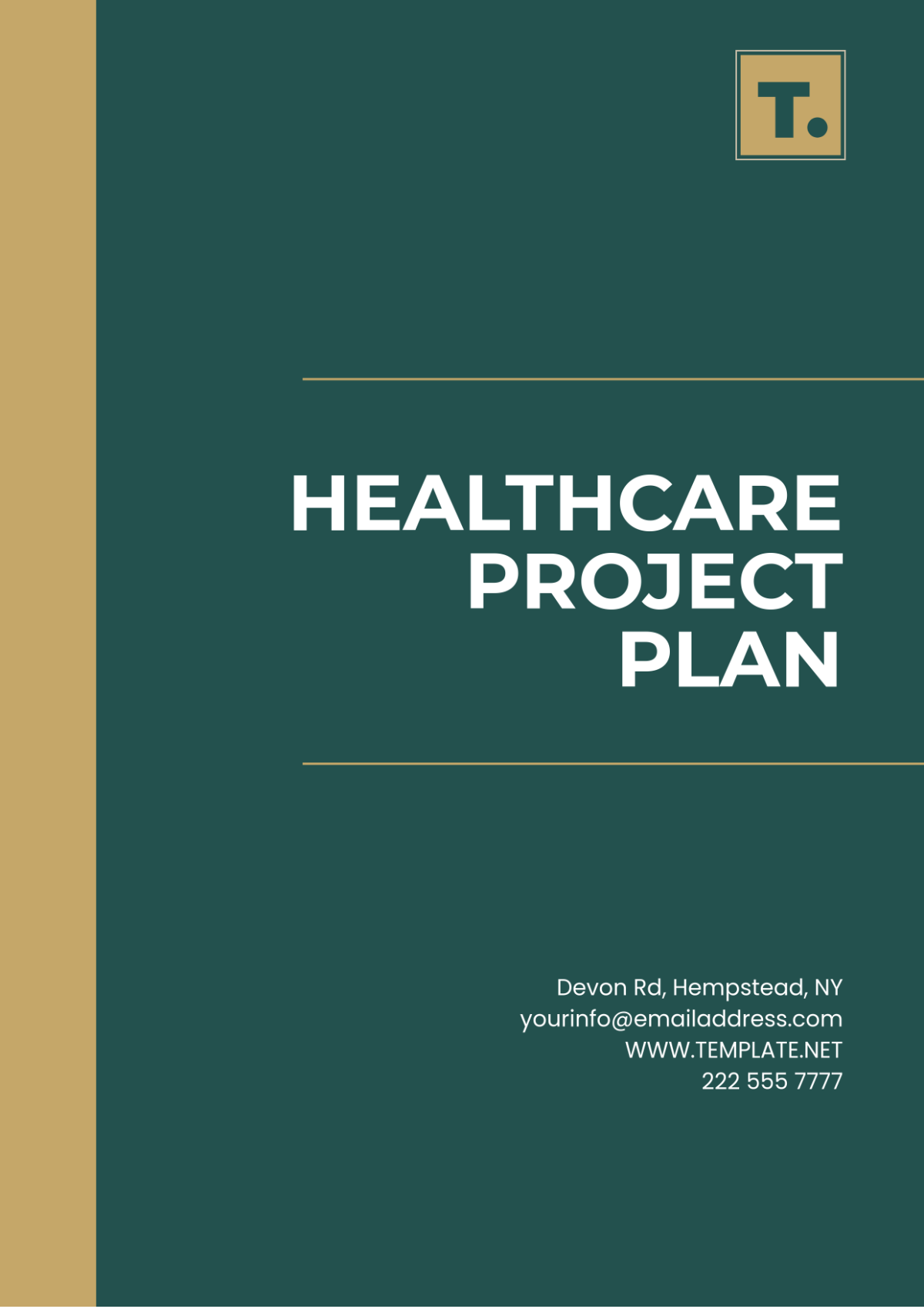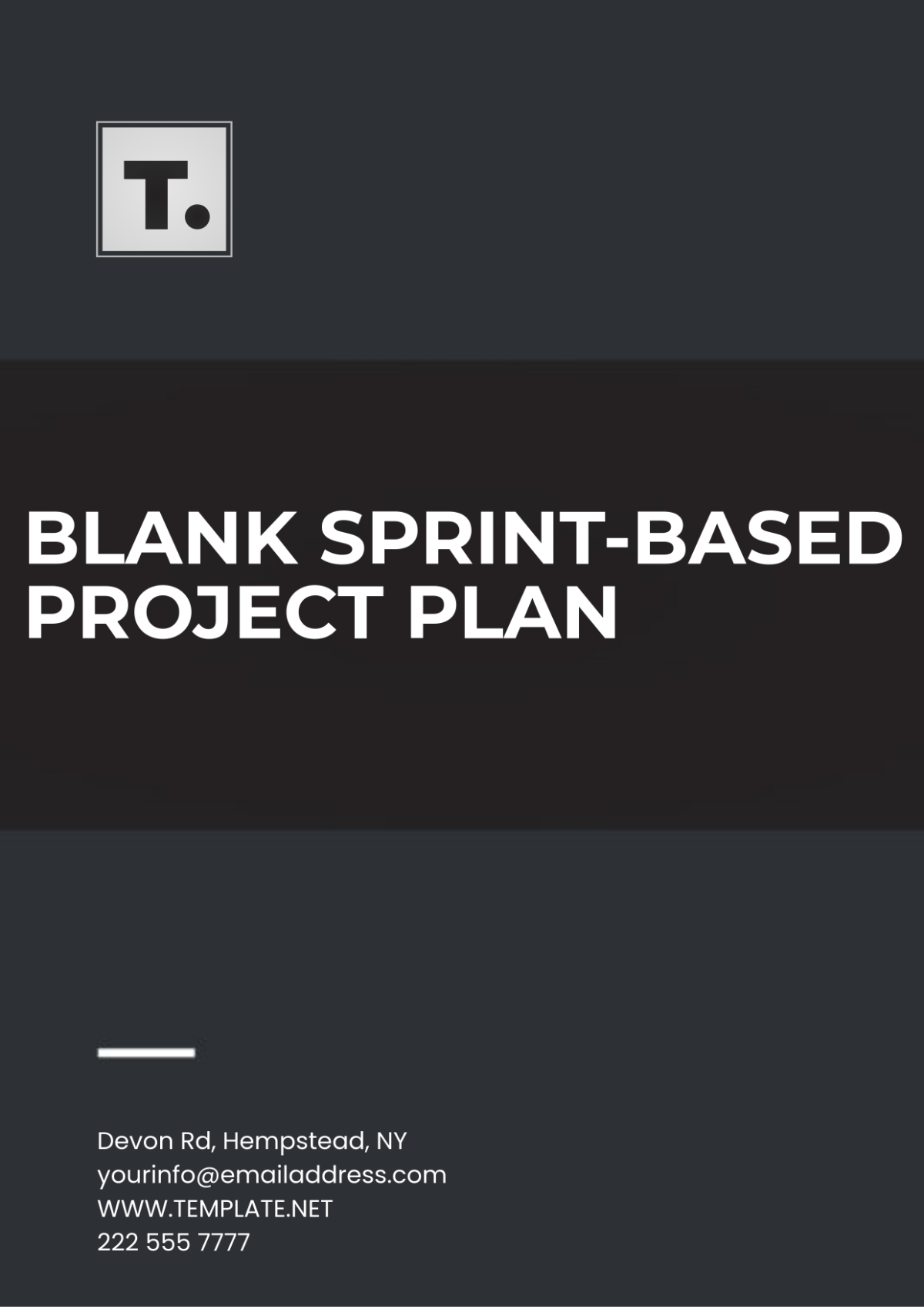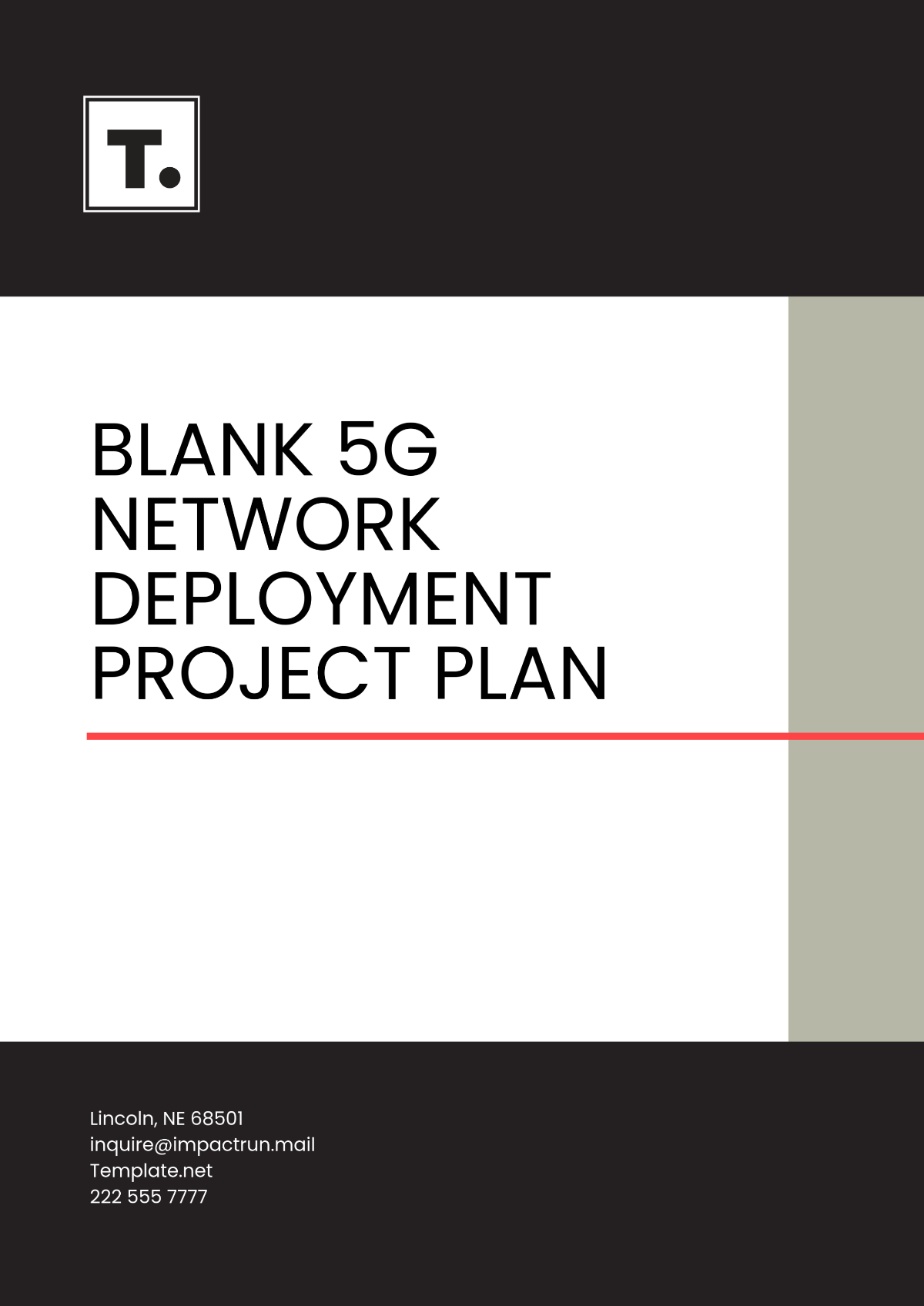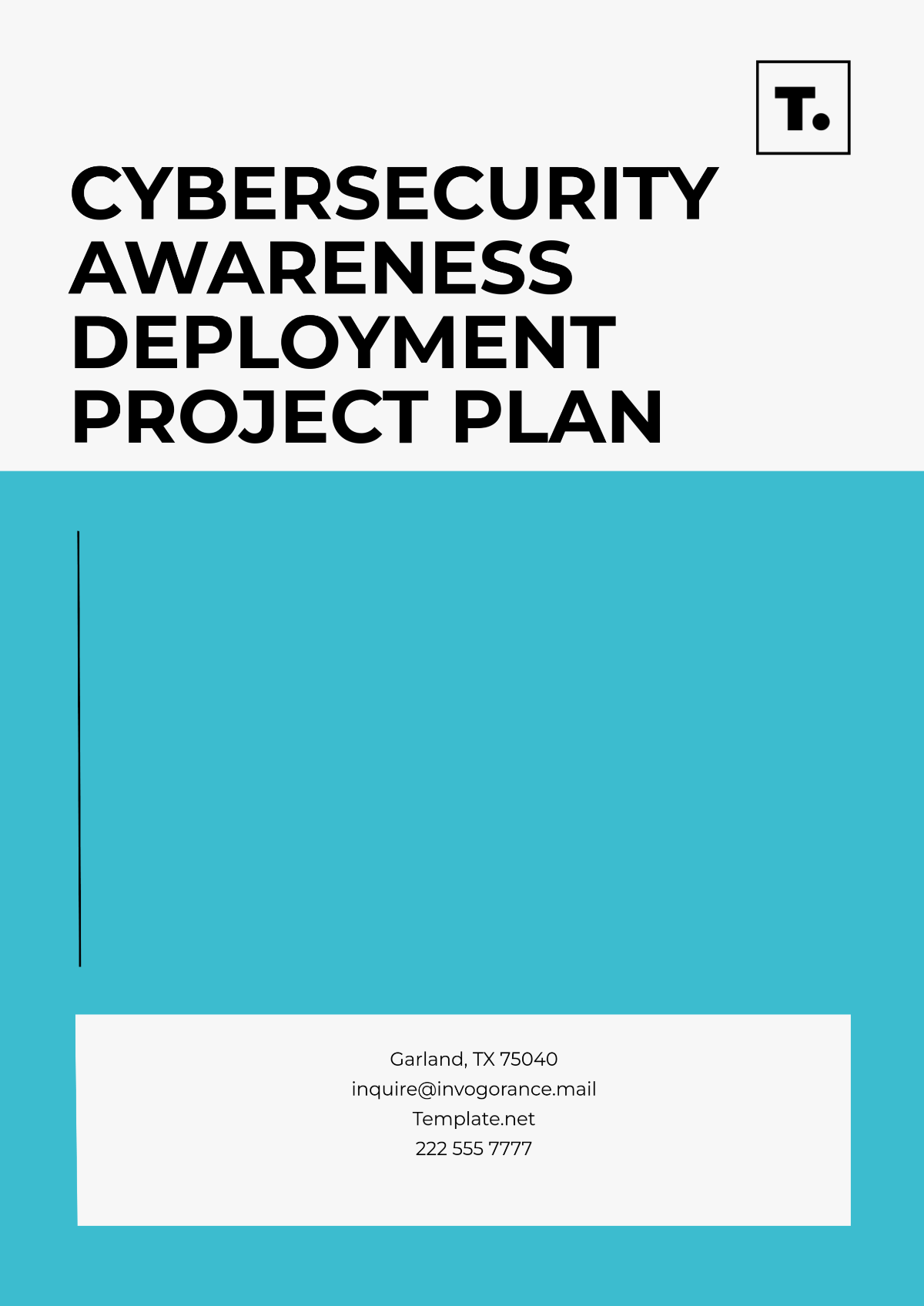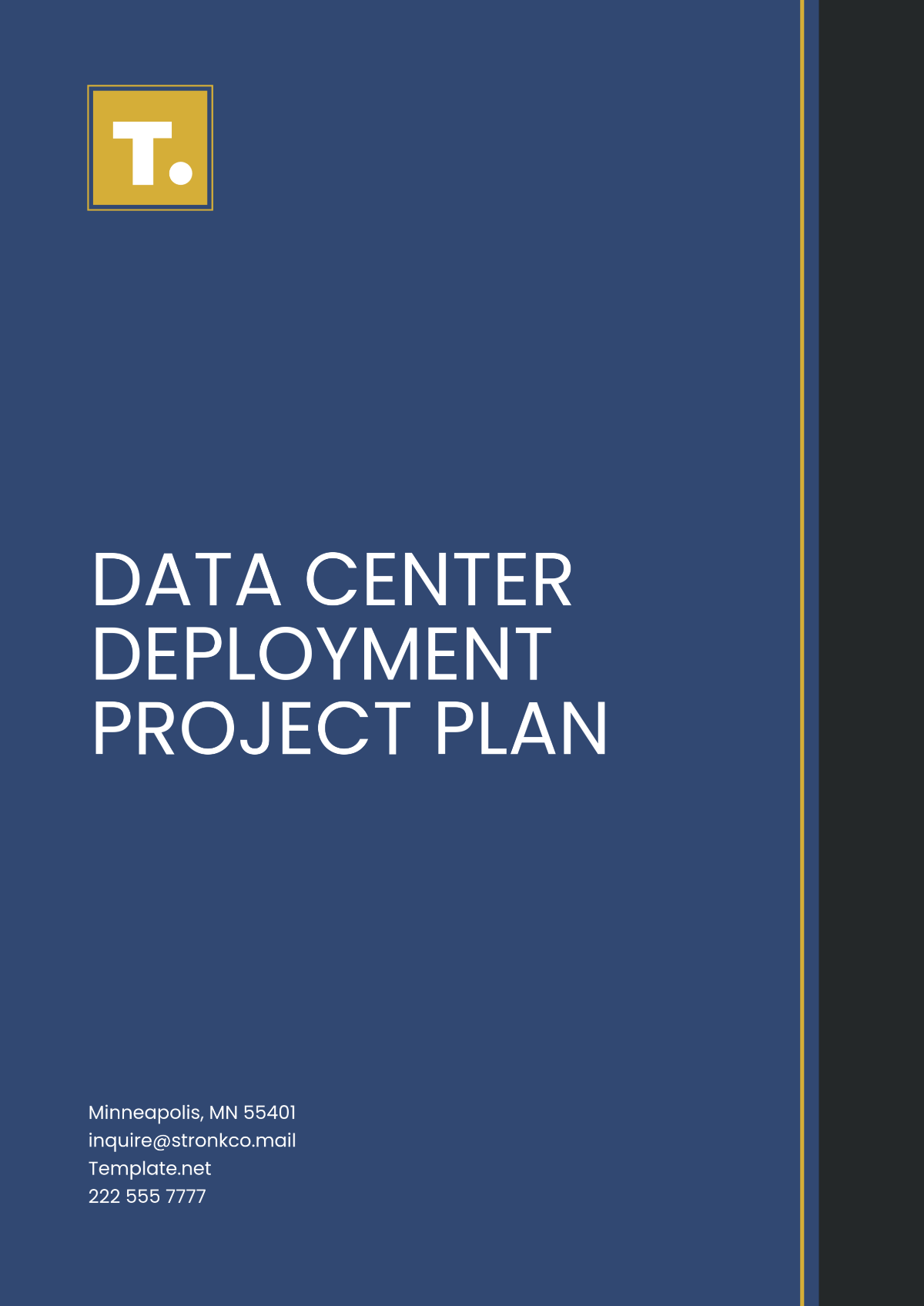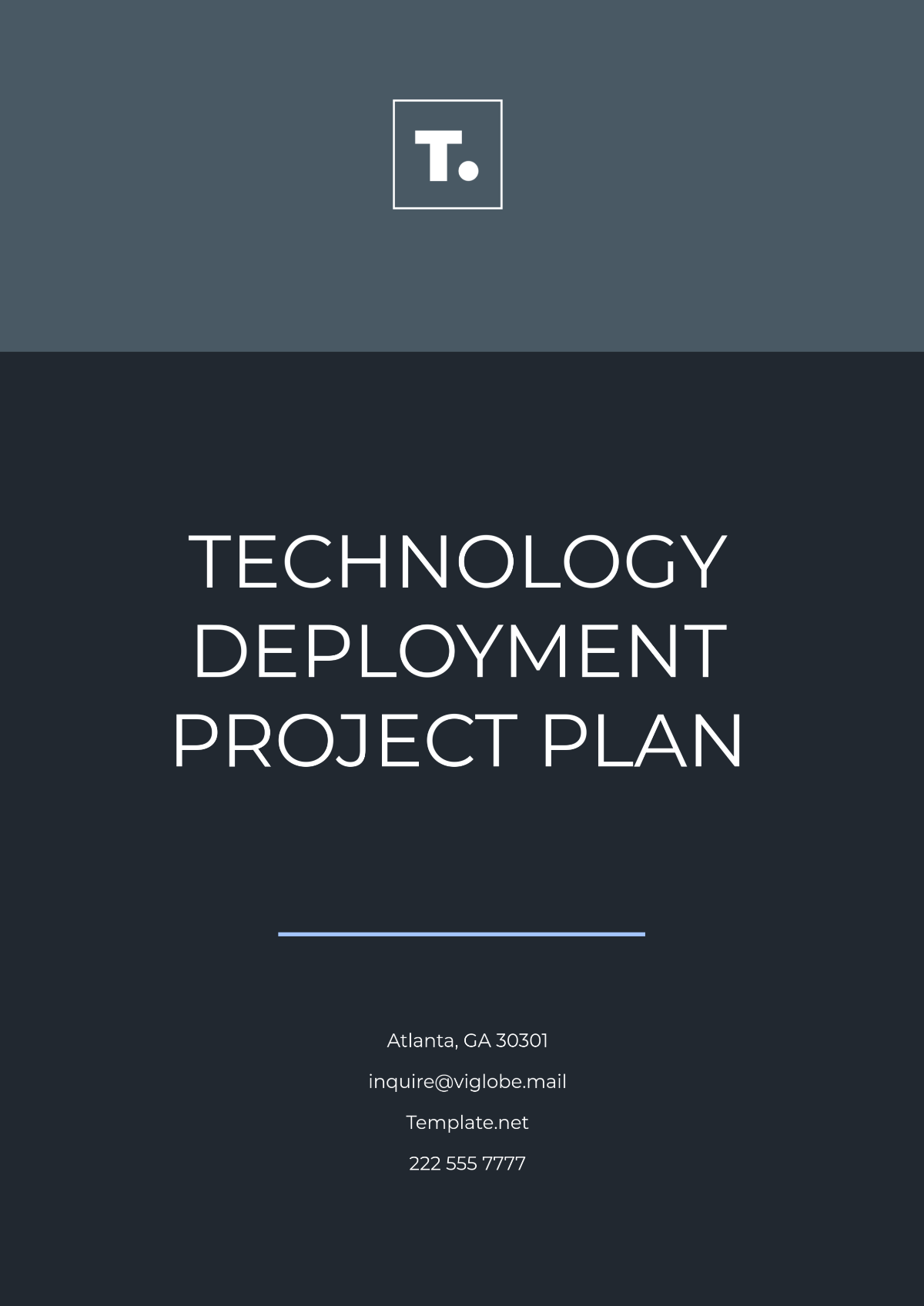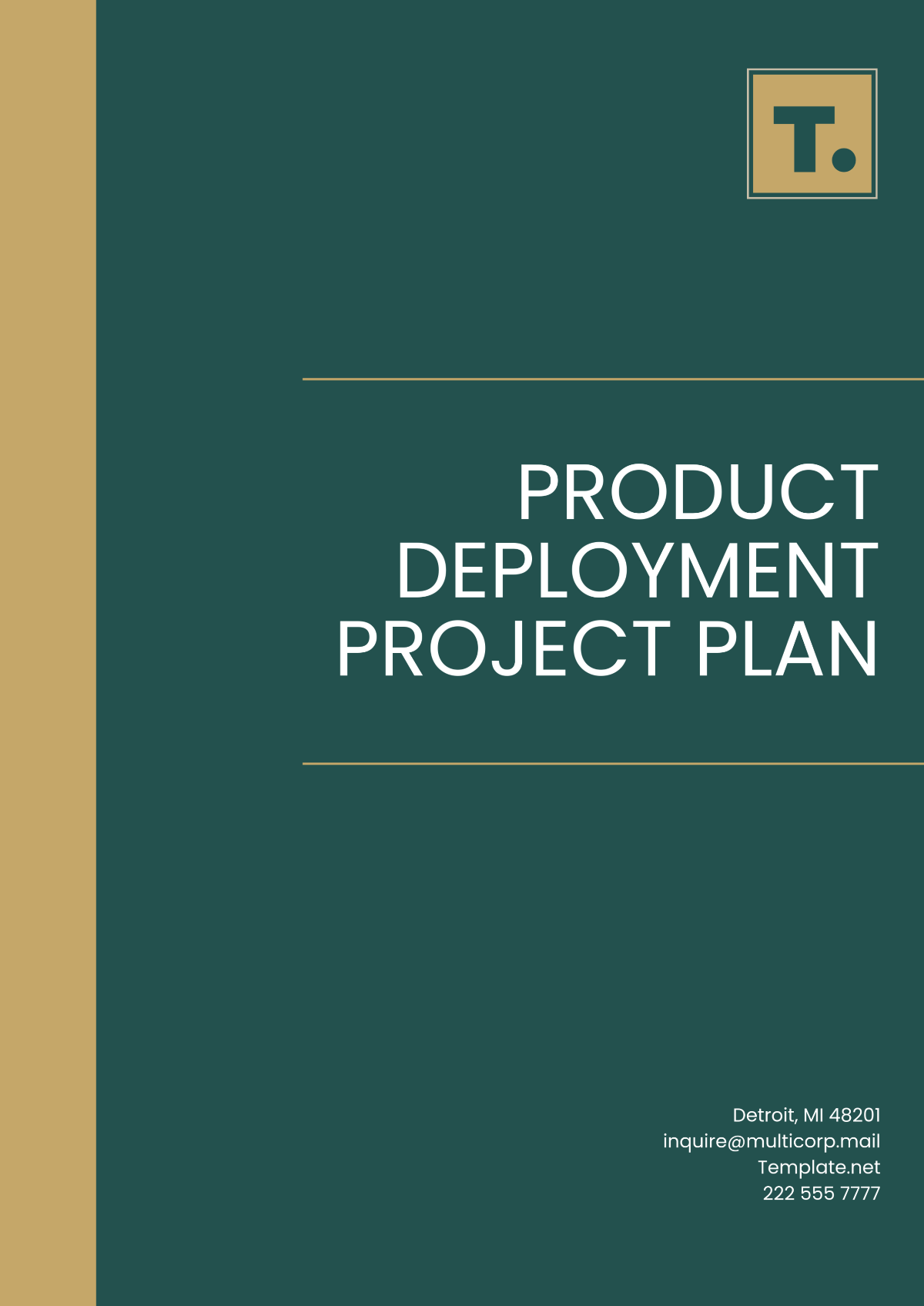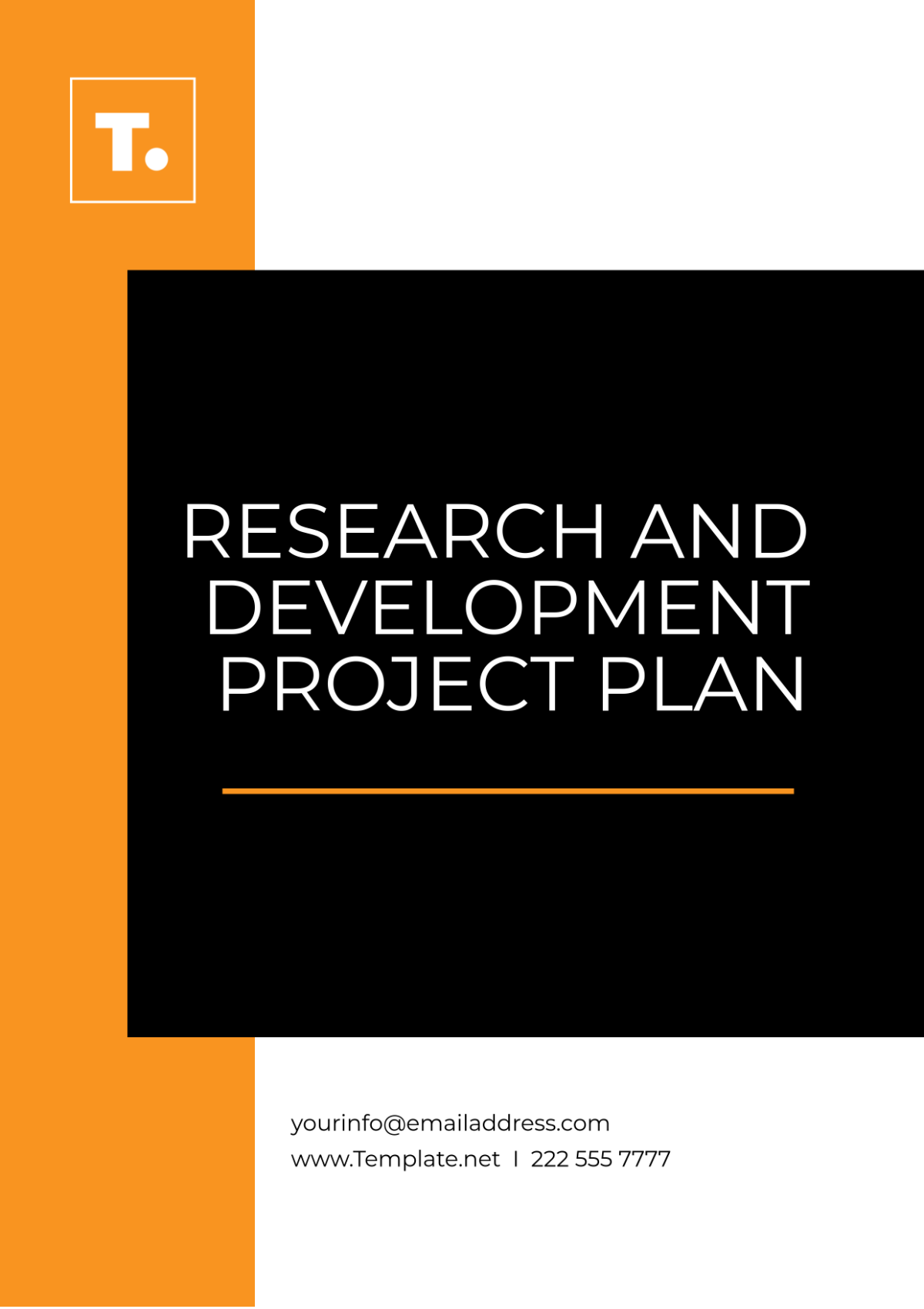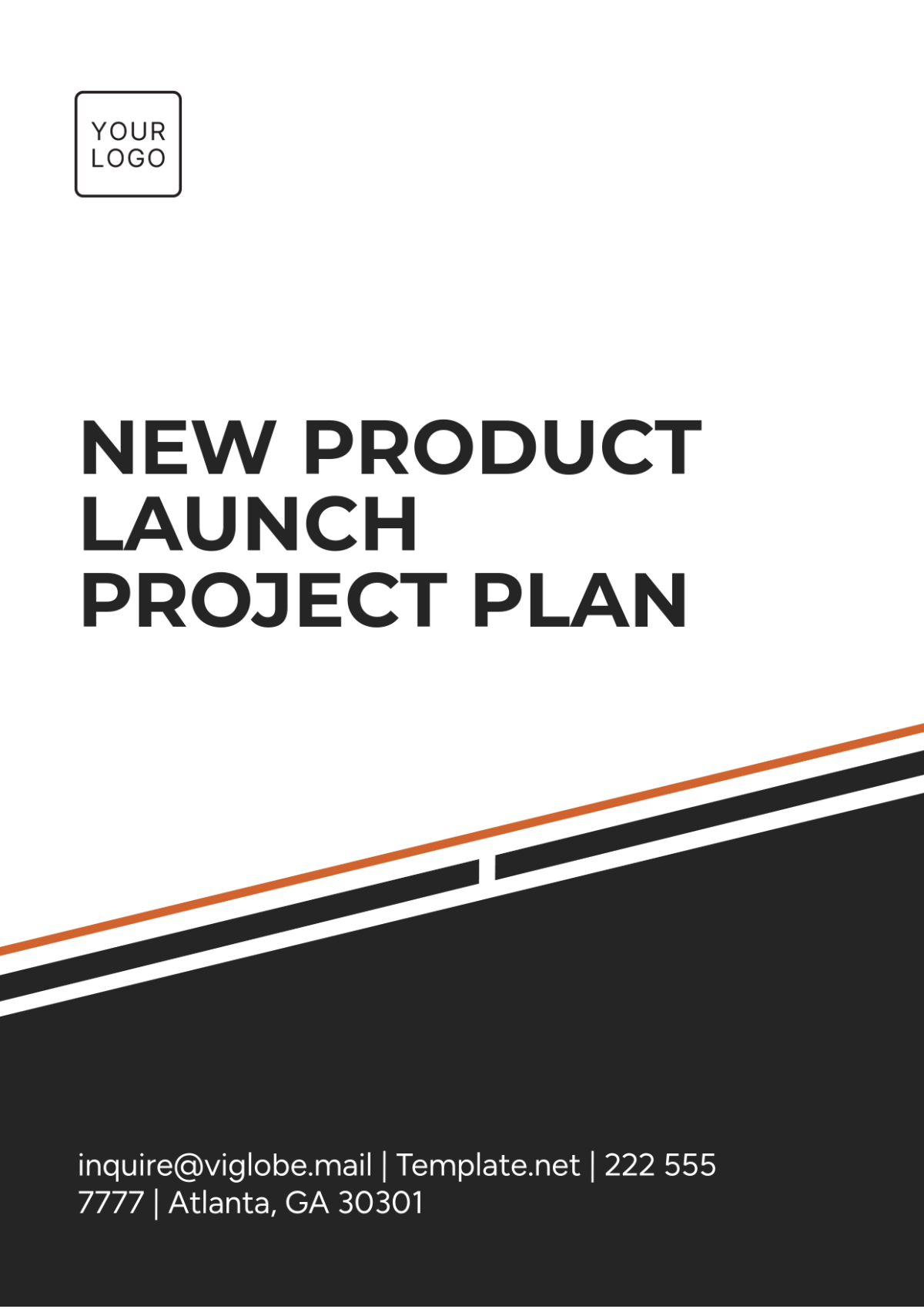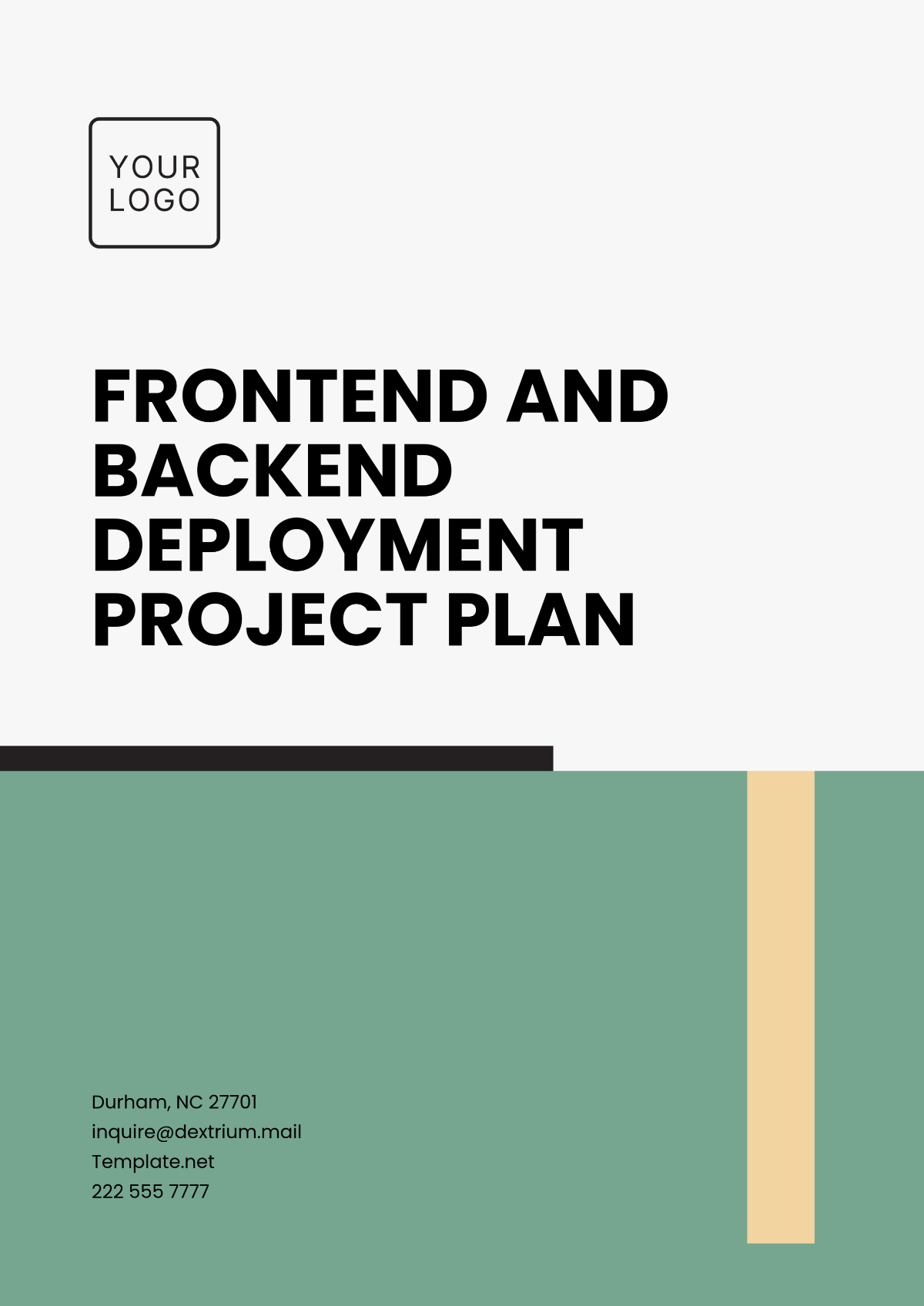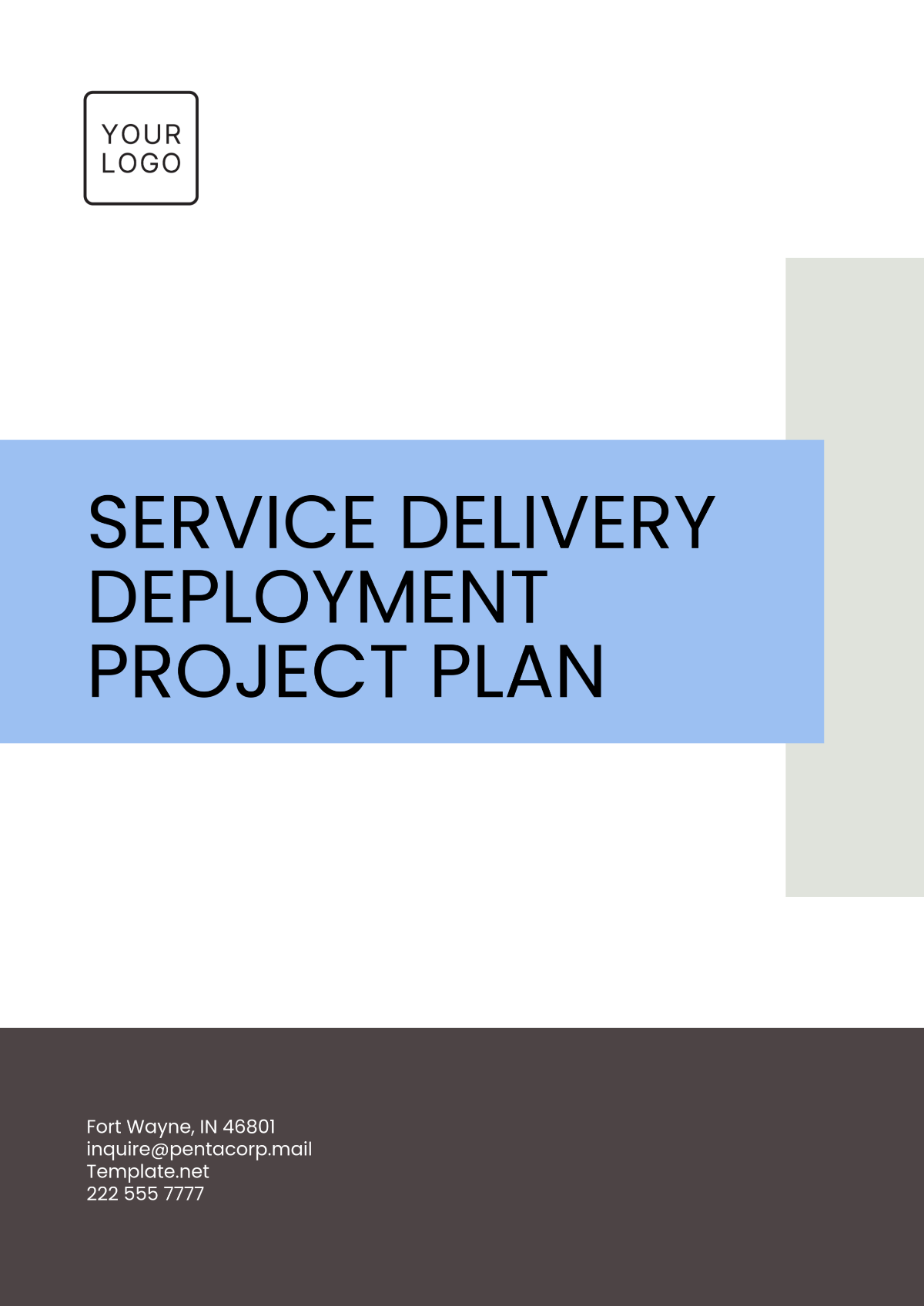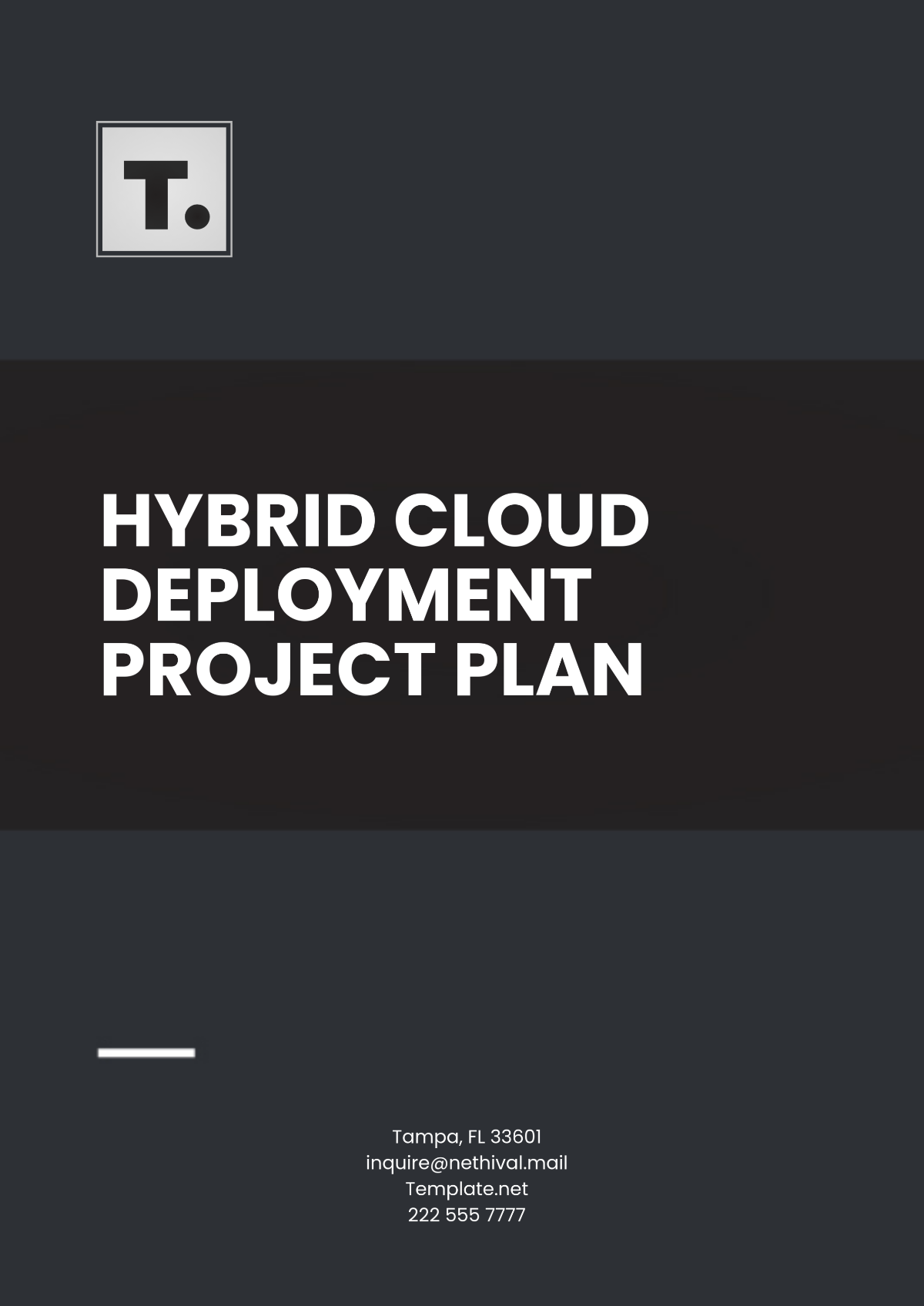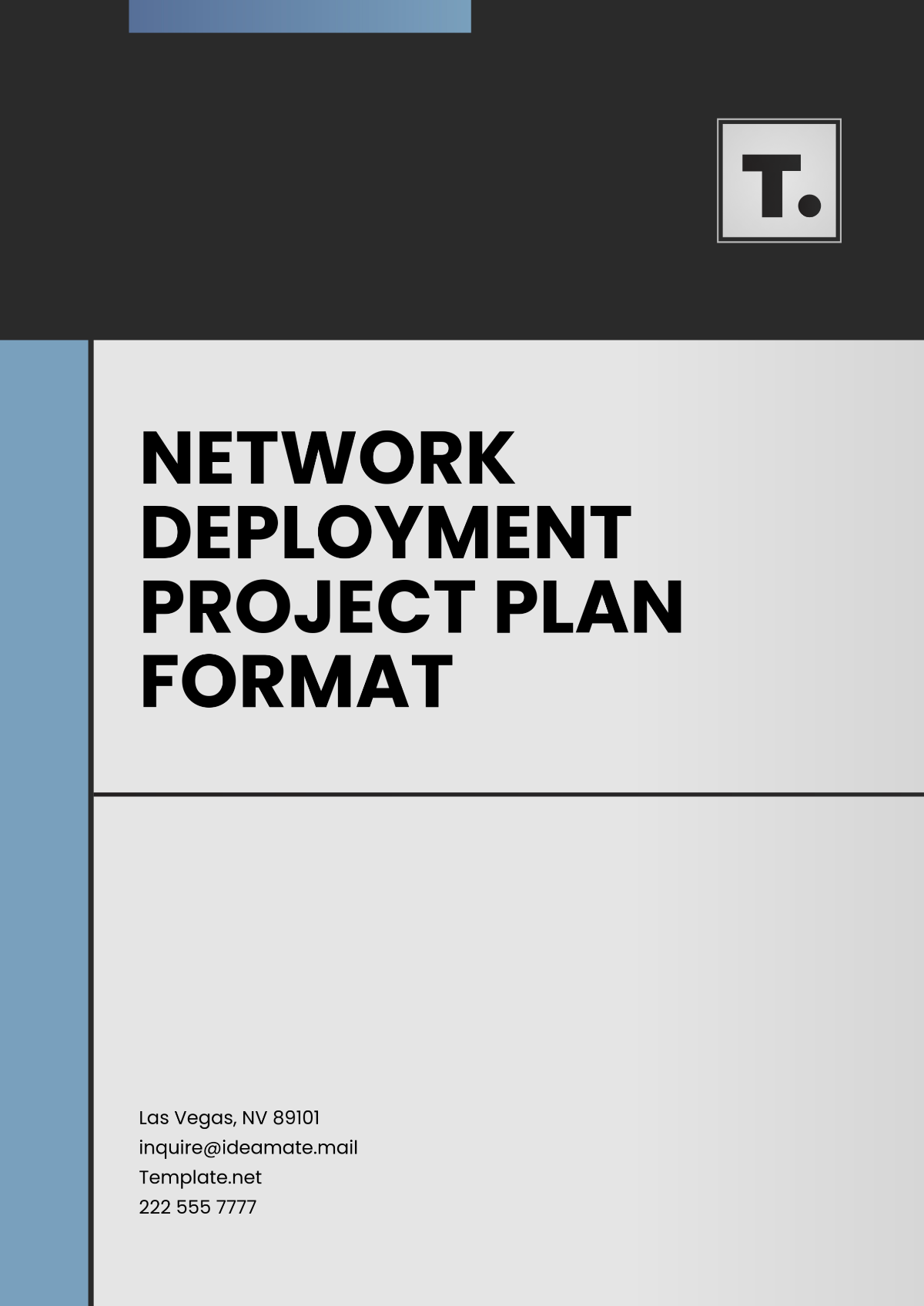Health Services Project Specification
Prepared By: [Your Name]
I. Introduction
The Health Services Project, led by [Your Company Name], seeks to transform healthcare delivery by incorporating state-of-the-art technologies and pioneering practices, tackling modern healthcare challenges with a wide range of solutions such as electronic health records systems, telehealth services, and sophisticated data management techniques.
II. Objectives
The Health Services Project seeks to achieve the following objectives:
Enhance Patient Access: Use new tech to enhance patient access to healthcare.
Elevate Care Quality: Enhance care with data insights and personalized treatments.
Streamline Admin Tasks: Cut costs and boost efficiency with advanced systems.
Foster Interoperability: Create systems for seamless healthcare data sharing.
Boost Patient Engagement: Create user-friendly platforms to boost patient engagement and satisfaction.
III. Scope
The scope of the project encompasses the following components:
EHR Systems: Widespread implementation in healthcare facilities.
Telemedicine Solutions: Telehealth services connect providers and patients.
Health Information Systems: Real-time data sharing for better care coordination.
Mobile Applications: Patient app: schedules, reminders, monitoring.
Training Programs: Training healthcare professionals on new tech.
IV. Deliverables
The primary outputs that need to be accomplished include the following:
EHR System: Fully implemented and operational EHR system across all facilities.
Telemedicine Platform: A user-friendly platform for patients and providers.
Interoperable Health System: Secure and efficient data exchange system.
Mobile Applications: Feature-rich apps for patient management and interaction.
Training Modules: Staff training on new systems and tools.
V. Timeline
Milestone | Deadline |
|---|---|
Project Kick-off | Month 1 |
EHR System Implementation | Month 3 |
Telemedicine Platform Deployment | Month 6 |
Health Information System Integration | Month 9 |
Mobile App Launch | Month 12 |
Training and Development Programs | Ongoing |
VI. Resources
A. Human Resources
The project will require:
Project Managers: To oversee project execution and coordination.
Healthcare IT Specialists: For system implementation and integration.
Software Developers: To design and develop the necessary software solutions.
Data Analysts: For data management and analytics.
Training Coordinators: To develop and deliver training programs.
Support Staff: To assist with various project tasks and administration.
B. Technical Resources
Necessary technical resources include:
Servers and Storage Solutions: For data management and application hosting.
High-Speed Internet Connectivity: To enable telemedicine and data sharing.
Data Security and Backup Systems: To ensure data protection and recovery.
Development and Testing Environments: For software development and QA.
Telecommunication Equipment: For remote consultation and communication.
VII. Risk Management
Identified risks and mitigation strategies include:
Technical Challenges: Potential issues during system implementation. Mitigation: Conduct thorough testing phases and engage experienced IT specialists.
Data Security: Risks of data breaches and cyber-attacks. Mitigation: Employ robust encryption and security protocols.
User Adoption: Resistance to new technologies from healthcare professionals. Mitigation: Offer comprehensive training and emphasize the benefits of new systems.
VIII. Budget
Component | Cost |
|---|---|
Software Development | $500,000 |
Hardware and Infrastructure | $200,000 |
Training Programs | $100,000 |
Project Management | $150,000 |
Maintenance and Support | $50,000 annually |
IX. Conclusion
The Health Services Project, led by [Your Company Name], is a transformative initiative designed to modernize healthcare delivery through innovative technologies. By focusing on accessibility, efficiency, and quality of care, the project aims to bridge gaps in the current healthcare system. Through strategic planning, resource allocation, and effective risk management, the project seeks to establish a sustainable and impactful healthcare ecosystem benefiting all stakeholders.









